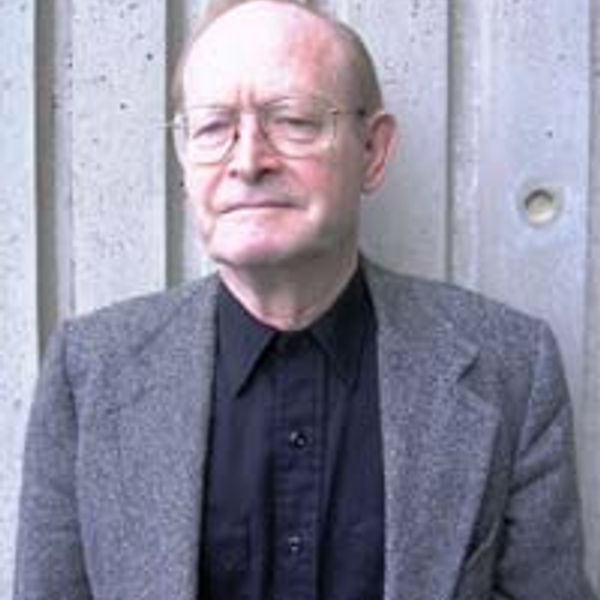Lia Purpura, Parasol Mushroom (detail), featured in AGNI 102
A Belly Dancer’s Death
Translated from the Hungarian by Paul Sohar
When I reached Jema el-Fra I could see
her body being lifted from the dirt,
her face stained by the sulfur-yellow paint
of non-existence; it had the last word.
Killed by the man she had betrayed.
Two were holding the murderer down,
three others were kicking him, then the parade
was followed by everyone in town,
leaving me alone with the mirror-like
puddle of blood. It was alive, not still.
The dust refused to drink its fill.
I was recalling the words she used to tell,
her peacock-blue hair, and the honey smell
of her body she’d used as her banner
and a pillow for the night. How could I pay
my respects to her bittersweet memory?
I sat down by her remains bequeathed to me,
and then started shooing the flies away.
(Morocco, 1940–41)
György Faludy (1910–2006) was born and died in Budapest, Hungary, but spent much of his long life in exile all over the world. He did not seek out his adventures, but when they found him he recorded them in his poetry, social commentary, and philosophical musings.
Paul Sohar came as a teenage refugee from Hungary to the United States, where he studied philosophy and worked in a chemistry lab. His work has appeared in publications such as Chelsea, The Kenyon Review, and Rattle, and in Homing Poems, a collection of his poetry (Iniquity Press, 2005). His volume of Faludy translations is looking for a publisher. (11/2008)

György Faludy
György Faludy (1910–2006) was born and died in Budapest, Hungary, but spent much of his long life in exile all over the world. He did not seek out his adventures, but when they found him he recorded them in his poetry, social commentary, and philosophical musings_._

Paul Sohar
Paul Sohar came as a teenage refugee from Hungary to the United States, where he studied philosophy and worked in a chemistry lab. His work has appeared in publications such as Chelsea, The Kenyon Review, and Rattle, and in Homing Poems, a collection of his poetry (Iniquity Press, 2005). He was also the editor of True Tales of a Ficticious Spy: An Hungarian Gulag Grotequerie (SynergEbooks, 2006). (updated 6/2010)
